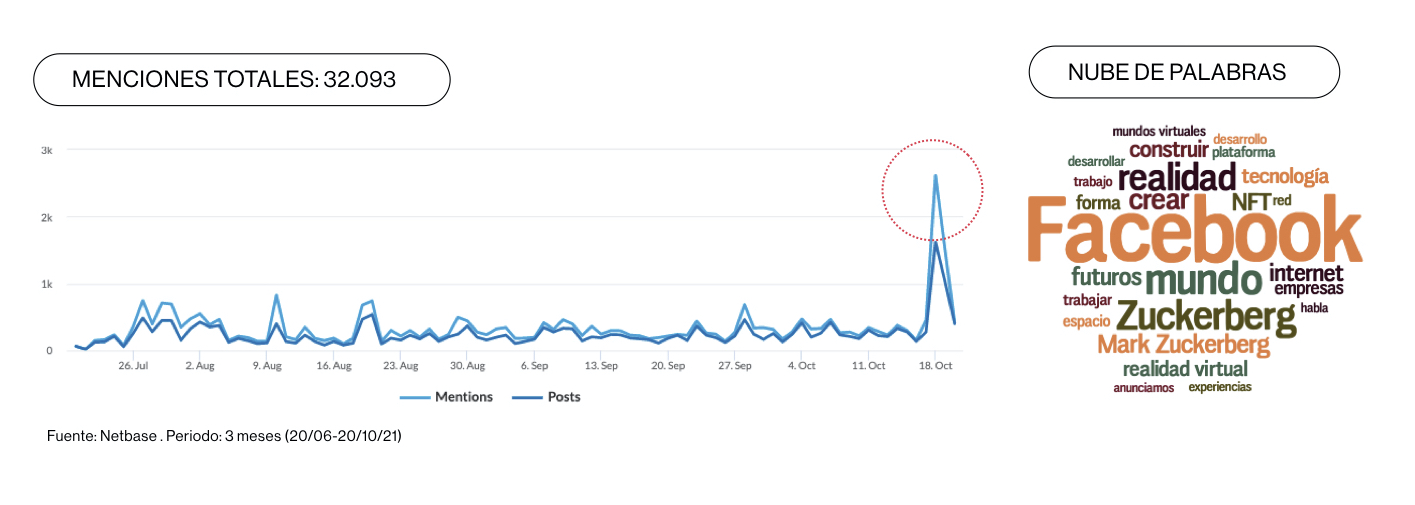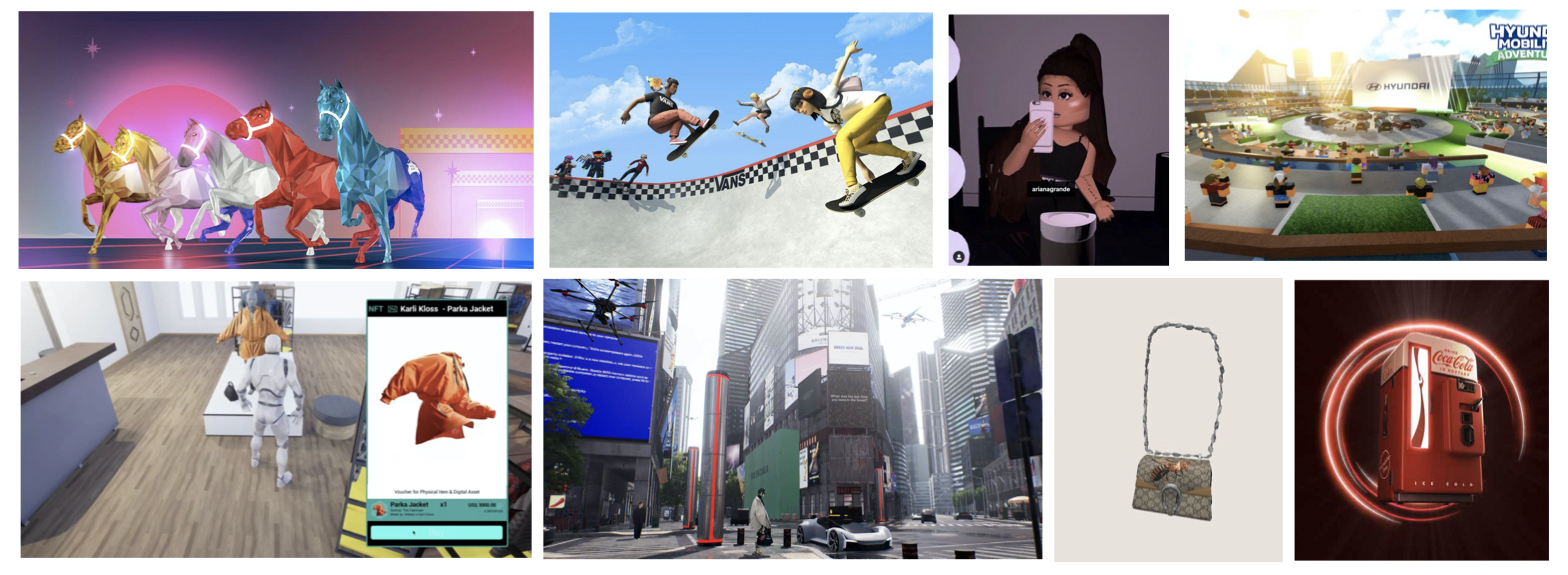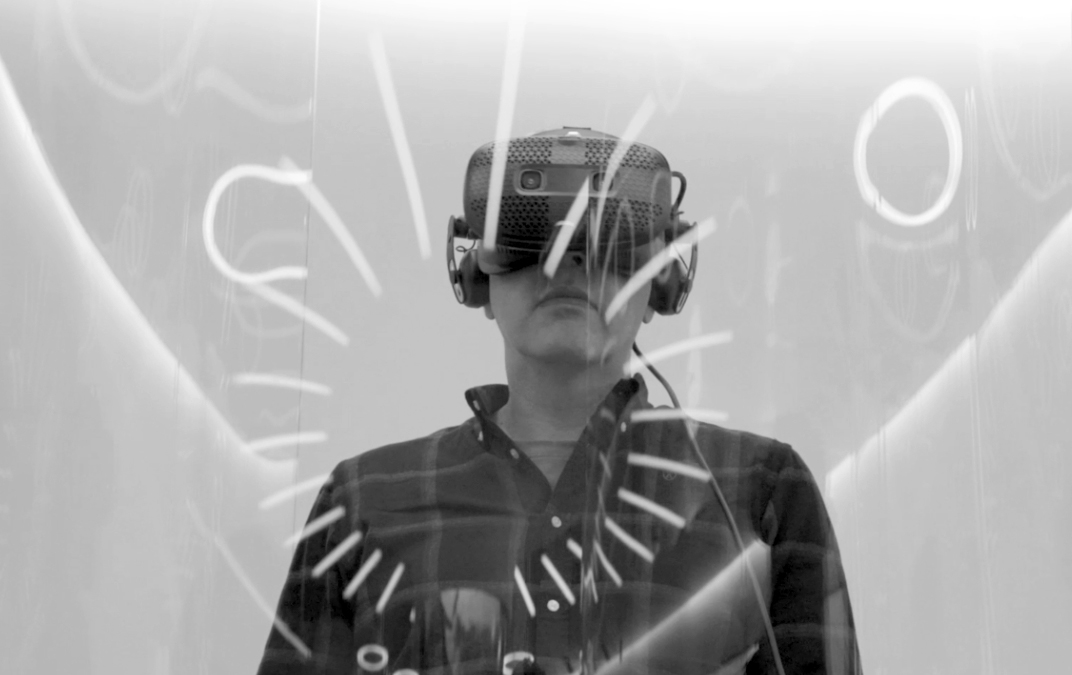The metaverse in brand strategies: opportunities, fantasy and a little bit of yuyu.
- Date
- Written by helena.alvarez
The metaverse is all the rage, and here at the Darwin & Verne blog, we weren't going to pretend it wasn't happening. In the last month alone, this concept has generated more than 30,800 mentions in digital conversations, more than 4,000 news articles in the media and blogs, and searches on Google have increased tenfold. And here you are, still not knowing what it's all about.
What is the metaverse?
First of all, let's clear up the first question: it has nothing to do with poetry, but is an acronym for “meta” and “universe”.
The metaverse is a virtual environment where users can share experiences without being physically present.
Since even the RAE (Royal Spanish Academy) does not have a definition for this and citing Wikipedia is not appropriate, I will use Facebook's explanation so that you can understand what it is: "It is a set of virtual spaces where you can create and explore with other people who are not in the same physical space as you. You can hang out with your friends, work, play, learn, shop, create, and much more (...)".
The term has been in existence since 1992, when the novel ‘Snow Crash’, was published, but we had never said it more than once on the same day until this summer. And, what's more, Mark Zuckerberg has recovered it and, of course, the party has broken out at Netbase (our tool for social listening): now it is the highest peak and the main topic of conversation about the metaverse.
Here's a graph for the more Darwinian among you (if you get butterflies in your stomach when you see data, this is for you), which I know you'll like.

Facebook and other brands working on their metaverses
It turns out that Zuckerberg has announced that his next five years will be very focused on developing Facebook's metaverse. A new computing platform for which will hire 10,000 people from the EU and in which virtual reality and augmented reality will come into play.
In case it helps you get an idea, my reference of millennial It's Habbo (I show my avatar in exchange for a salad topping). I think about my virtual adolescence in the hotel and imagine something like this, but on a grand scale, very real and a little creepy.
Or perhaps you are familiar with more recent examples of brands like Microsoft, Epic Games (owner of games such as Fortnite, Minecraft, and Roblox) or the game Decentraland, which are perhaps the best known among the dozens of companies that are already looking for ways to participate in the metaverse and/or develop their own.
The metaverse in brand strategies
In the understand of this post (for newcomers: this is a corporate nod to "Darwin & Verne: understand, imagine & go”) I have thought of all kinds of angles to focus on: its social impact, the millions involved in this virtual economy, its evolution in the industry of gaming and entertainment, applications in the retail, dozens of debates about their usefulness and compatibility with our real lives... And even whether my dog, Queso, will also be able to take part in any of them.
A lot of "hehe, haha," but in the end, I'll stick to what I know and what the blog title itself indicates: how the metaverse applies to the world of brands and their strategies of branding, communicagtion and business.
We want the metaverse in our strategies, and we want it soon!
Objectives of the metaverse in brand strategies
Metaverses will help brands generate visibility or improve their conversions through fully immersive shopping experiences.
The metaverse, for the time being (and from what I know), allows us to work on very interesting goals, which is reason enough to take the metaverse into account in brand strategies.
- The first thing that we are all clear about is that we generate visibility and PR for the brand as an innovative and pioneering company in Spain, where the path has barely been trodden. Furthermore, it is a active with range and extendible both in time and in size or options to work on. We are not talking about a one-off resource, but rather something that we can develop.
- Creating new shopping experiences totally inmersive, personalised and comprehensive. With the AR or VR, we can improve the conversion of our e-commerce notably. These experiences will lead to new behaviours on the part of the public and will reveal to us everyday which we were previously unaware of, will facilitate strategic decision-making.
- It is a clear way of connect with the Z's (that generation still so unknown to many), but also with others target types and/or niches of interest. After all, metaverses will be a hyper-detailed reflection of the real world: it has been proven that users invest time in them, they socialize, perform purchases, play and perhaps even in the future they will work inside of the metaverse
Brands can push the boundaries of creativity in the metaverse and offer experiences that are unrepeatable in real life”. Christina Wooton, vice president of brand partnerships, Roblox.
And how could this be translated into tangible actions for brands?
- “Copy” what we do in realityNothing more and nothing less than a billboard on a busy street in our virtual universe, a sponsor of a concert, sporting event, etc.
- The fashion and the merchandising for the avatars It already generates millions. Here we find opportunities, especially for the sports sector and luxury brands.
- Create your own virtual events, develop a place to exhibit works of art, hold concerts or any other proposal that your brand can be associated with.
- Detect the most influential profiles, with a very active social life or properties in busy locations, and establish a relationship with them similar to the ones we currently have with influencers.
- And since I'm running out of ideas and references, I'll close with a classic from the sector: partner with those who already know, either because they are behind these developments or are experts who generate content about them.

- Stella Artois beer sponsors virtual horse races and 'breeds' its own horses (thanks to NFTs).
- Vans World: a new virtual skatepark virtual en Roblox.
- «Hyundai Mobility Adventure», a space in the metaverse that showcases Hyundai Motor's future mobility products and solutions.
- Arriving the dCommerce in the metaverse, where players purchase physical items in their virtual world.
- Admix, a company that has been placing advertising in games since 2018.
- Gucci sold a virtual handbag for more than the real one on Roblox.
- Coca-Cola launches wearable avatars in Decentraland and converts some of its more iconic merchandising in NFTs.
Hopefully in a few months we will have to edit this article to include our own case where a lovemark (very present in our leisure time and chill) sneaks into Roblox.
If you want us to tell you what it's all about, make it happen: share this article with seven people in the next seven minutes. No, it won't turn proposals into reality, but it will liven up the post.

